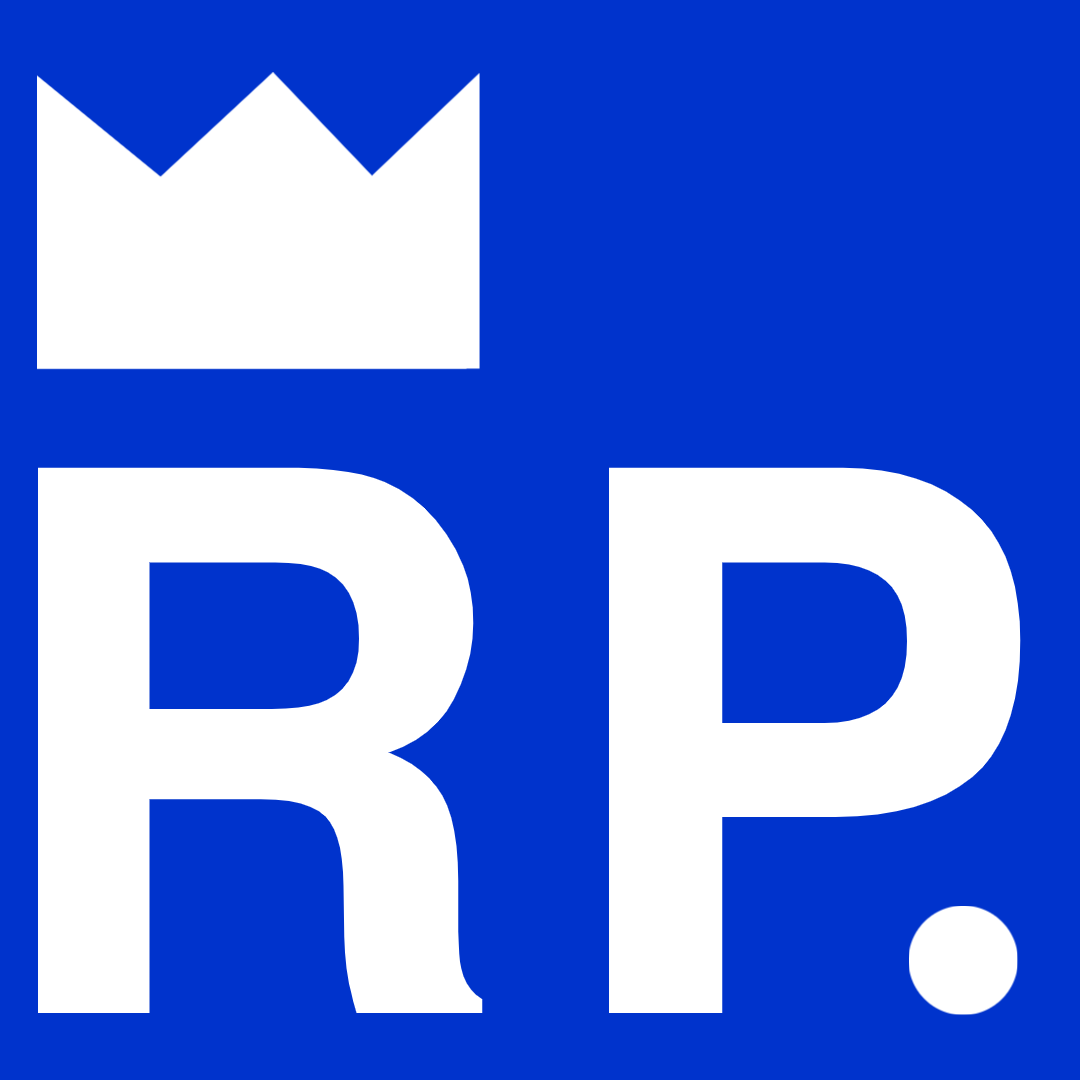‘Winter blues’ season in full swing amidst finals week
Jan 16, 2019
With the added pressure of finals, students at HHS are especially susceptible to the infamous ‘winter blues’.
Seasonal depression, or Seasonal Affective Disorder (SAD) is ‘a mood disorder characterized by depression that occurs at the same time every year’. It’s very common, and typically persists through winter months before resolving itself.
Serotonin, a neurotransmitter that affects mood, is linked to sunlight, so during winter months and the more prevalent absence of sunlight, one’s mood can be negatively impacted.
Sylvia Greenwood, sophomore, has final exams through this week.
“The scary thing about finals is that they can determine your grade in a class. A lot of the time I’m stressed because my grade depends on one test,” Greenwood said.
During finals season, approximately 12% of students achieve a full eight hours of sleep, and the leading stressor of students is school related, with 34% believing it is their most pressing concern.
“I think the worst part of finals for me is how I can never get enough sleep. I’m always up late studying, and then I get to school feeling horrible,” Greenwood said.
Many students spend the majority of their time indoors, either studying or escaping the cold. This tends to do more harm than good.
And even though it is a factor, sunlight isn’t a direct contributor to the treatment of SAD. In Norway, daylight hours are very minimal, approximately six hours total, yet Norwegians have the lowest rates of wintertime depression.
“In [Stress Management] we talk about [seasonal depression] in terms of the time of year in which people aren’t being exposed to light, we also talk about the need to be taking vitamin D3, and how lack of light affects people with different skin tones,” Jane Kleinman, health, said.
Vitamin D3 can be obtained through exposure to sunlight and supplementation. A healthy dose of D3 will improve serotonin levels, thus benefiting our overall mood. A lack of it will do just the opposite.
Kleinman advises students to get out, be active, and be aware of how winter months can affect your mental health.
“Winter is my happiest season, because I’m outside six days of the week, so even though it’s dark I am always outside and exercising,” Kleinman said. “My biggest recommendation going into finals is to try to get out and being active, and to make your sleep schedule a top priority.”
